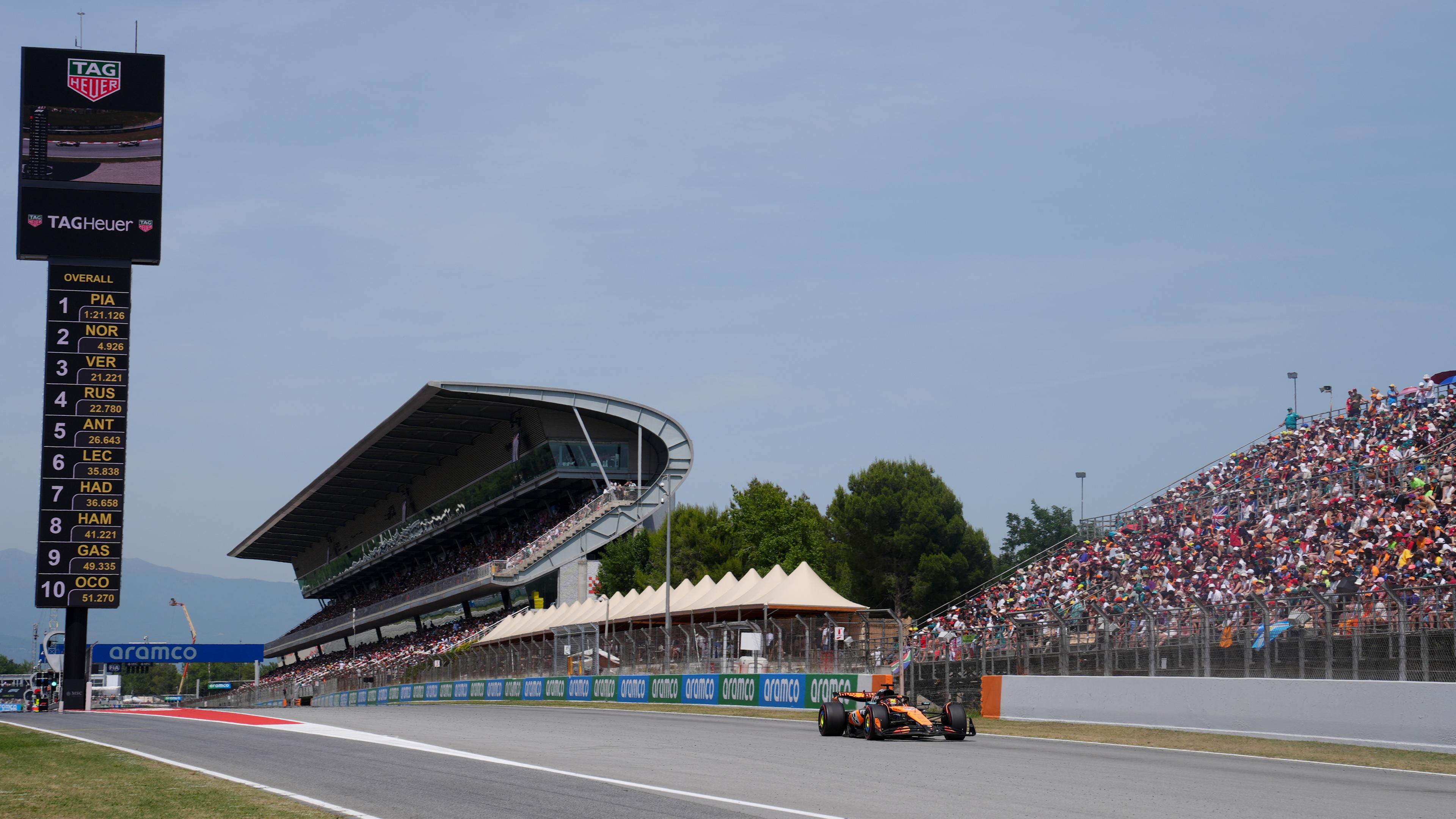For the first time in Italy in a contract between large companies the « war clause » appears. What is (and why it’s important)

The news contained in the book « Capitalism of War », by Saravalle and Stagnaro, just released for Fuoriscena. The authors: « Until some time ago it was unthinkable in Europe, but we must stop accepting that Autarchy is the only form of security »
If the war is backas the first chapters of War capitalism (Out of stage, pp. 219), His economy has also returned. What the history manuals describe as a dramatic exception, and which instead today – second Alberto Saravalle and Carlo Stagnarotested couple: one jurist, the other economist – risks becoming the new normality.
The title is strong, equally the thesis: The logic of the conflict, once relegated to the dominion of geopolitics and weapons, has infiltrated the mechanisms of the global market, in the production structures, in investment flows and even in law.
The essay, not surprisingly, opens with a news: an acquisition contract, concluded between two of the main Italian companies, in which it appears in plain sight, for the first time, «A clause that allows withdrawal if a conflict breaks out that can involve Italy (and to be precise, the reference is just In article 5 of the NATO Treaty) » True contract, signed in spring 2024. « Until recently, these clauses, used in countries where armed clashes or civil wars are frequent – reads the book – would have been unthinkable in the European Union ». But evidently it is no longer so.
« On the other hand, that we are at risk of war, the real, belligerent one, not only cheap, we do not say it – the authors underline -, but Ursula von der Leyen say so, which speaks of a danger not imminent but not impossible, and Charles Michel, who explicitly evoked a war economy ». For those who lived the era of globalist optimism – see the « end of the story » – Book represents an abrupt awakening.
Saravalle and Stagnaro list data, decisions, legislative passages, pronouncements of European and American leaders. The impression that is of a world that has broken with its recent dogmas without however developing new ones. The most recurring analogy in the book is the one with the Risiko. The choices of the governments – the authors write – are based today on a reactive logic, pan by focaccia, which follows the dynamics of the board game: « fearing that the enemy conquers Kamchatka, we move our tanks to Jacucia ».
Deepen with the podcast
The problem is that this mechanism, for them, produces the opposite effect: «By creating barriers, restrictions, duties, we feed a vicious circle. War fears generate aggressive policies that increase conflict. And the step from the economic war to the army can be short ». In this sense, the duties are only the tip of the iceberg. «Needless and harmful to respond to duties with other duties – they say to Courier Saravalle and Stagnaro -. The tariff wars all damage, primarily those who start them (see what happened with the Smoot Hawley Act in 1930). In addition to being harmful to our consumers we would increase conflict, then risking being losers. All in all, we import more services than goods from the USA and the goods we import are mostly raw materials and intermediate assets that would increase the cost of our products « .
The book crosses all contemporary battlefields. Trade, data (« the USA focus on the market, China uses them to monitor citizens, Europe favors the protection of users but thus also slows down innovation »), energy, artificial intelligence (we speak of « Ai Nationalism »), raw materials, chips («And here the war began in 2019, When Trump put Huawei in the « Entity List, the restrictions list »», The authors remember).
Nothing is neutral, nothing is only technology or market. The language has changed: we speak of « Weaponization», The strategic use of infrastructure, currencies, regulatory standards, digital platforms such as weapons. « Everything can be used improperly – they note – the market, currency, even corruption ».
Yeah, but what to do then? No magic formula, but some roads: « strengthen alternative commercial alliances (with the United Kingdom, Mercosur, Australia), relaunch the union of capital, remove internal obstacles to private investments ». And above all «Make the prevailing narrative: Stop accepting that the autarchy is the only form of security – Saravalle and Stagnaro close -, rediscovering that the opening can still be a force « .





